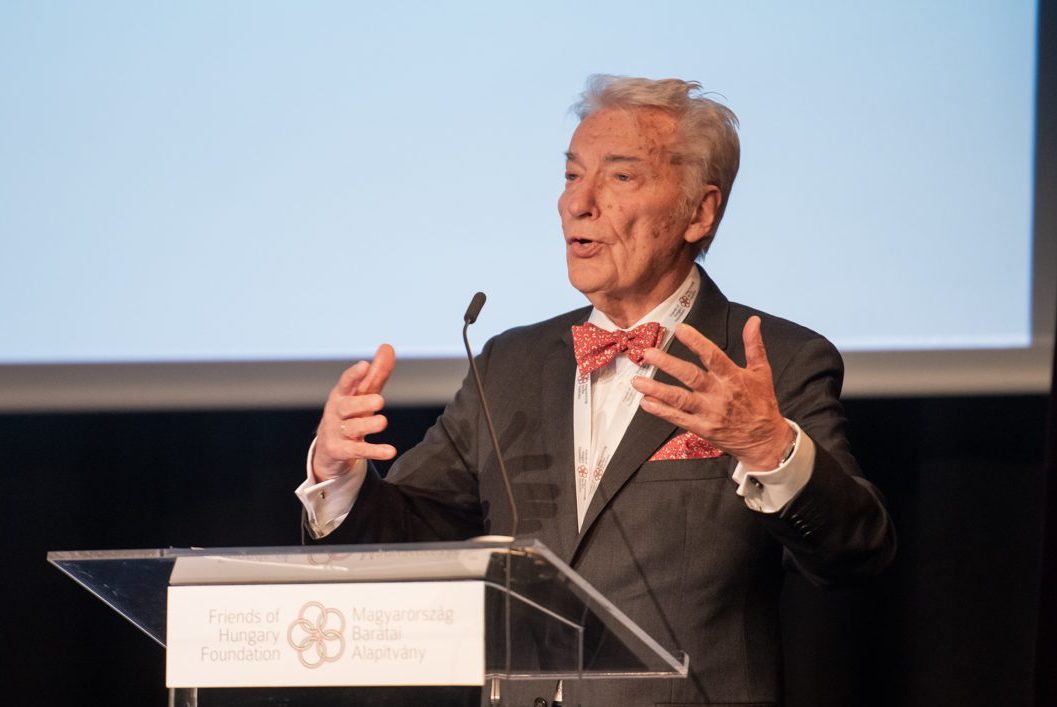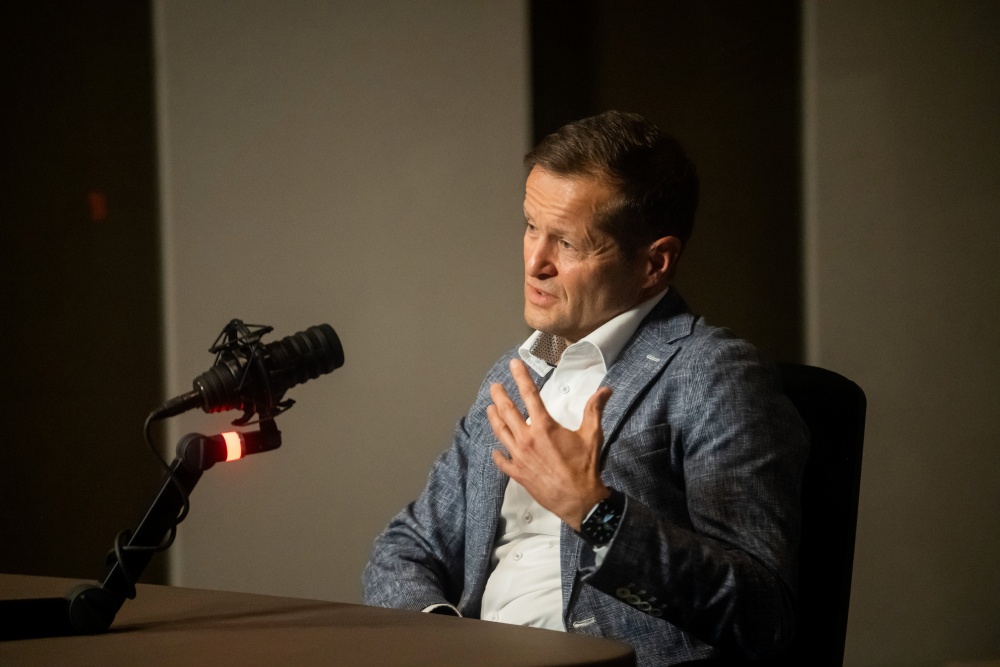
Former MTA President Professor E. Sylvester Vizi's Message on Ferenc Krausz and Katalin Karikó's Nobel Prize.Continue reading

“Science and research is when you start on a certain path towards a certain goal, then you reach places where new questions arise, and with the right selection, with extreme consistency, if you set yourself big challenges, you can get closer to the big goals,” said Nobel Prize-winning physicist Ferenc Krausz on Kossuth Radio’s Sunday Newspaper (Vasárnapi újság) program.
The Nobel Prize-winning physicist explained that “electrons, occupying the shells of atoms, can change their position, their energy state, on an attosecond timescale, and if you want to represent these electron processes in real time, that is attophysics.” He stressed that “this is very interesting because
everything that is important for our biological life is related to the movement of electrons, so in fact, molecular processes that lead to disease, for instance, start with the movement of electrons.”
Ferenc Krausz, speaking about the Center for Molecular Fingerprinting (CMF), said that “we use very short infrared laser pulses, basically consisting of one oscillation cycle, to make the molecules in the blood sample oscillate, and then the molecules emit infrared light. We can scan and measure this infrared light with high sensitivity using attosecond measurement techniques, and these are the infrared signals that provide an extremely large amount of information about what the molecular composition of the blood in that sample looks like. This is the molecular composition that is altered by disease.”
He added that this is particularly important, because current laboratory medicine only measures individual biomarkers, whereas infrared light pulses measure many thousands of molecules, so it is possible to study blood samples and infrared fingerprints from subjects with a particular disease. Then, the fingerprints of healthy control subjects are also measured, and if there is a significant difference between the two, it is presumably caused by the disease. They can use the samples to train algorithms to recognize this difference later.
The scientist also stressed that László Palkovics, former Minister for Technology and Industry, “has backed the project and provided the resources to launch a clinical trial that is unique in the world, involving tens of thousands of Hungarian citizens.” Krausz said that they would like to continue the project with one or two blood samples per year from the participants for ten years, ideally, and that
they would be able to prove with the samples that the method can reliably detect lung cancer in the first and second stages and serious cardiovascular diseases in the early stages.
Via MTI, Featured image: MTI/Balogh Zoltán